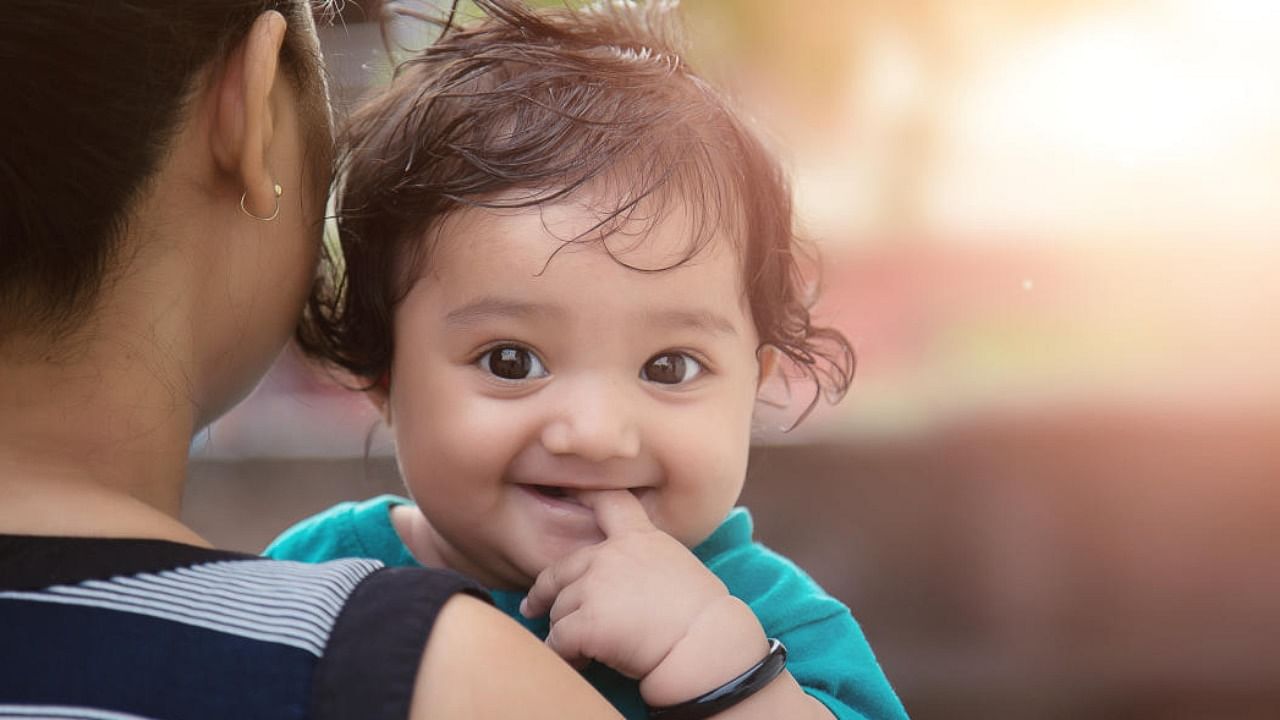
Barely two months after the Modi government notified the Adoption Regulations, 2022, the union ministry of women and child development has managed to clear 361 cases that were pending with the judiciary. The Rules, notified after the passage of the Juvenile Justice (Care and Protection of Children) Amendment Act in 2021, empowered district magistrates to sent out adoption orders, a power which was vested with the judiciary earlier, leading to a backlog of 905 cases pending in courts when the Rules were notified on September 23 this year.
Ministry officials said that the first adoption order was issued by the district magistrate of Akola in Maharashtra on October 6, and the pendency currently is at 644 cases. After the issue of the notification, officials said that over 589 children have been adopted till December 5, as the ministry is working on bringing about a host of reforms. There were 125 cases pending with the child welfare centres (CWCs), and officials said that they aspire to bring down the average timeline of an adoption to 2 months from the existing 2 years.
To promote in-country adoptions, a new provision in the Regulations allows for adoptions within a week for prospective parents within the diaspora community (NRIs, OCIs, etc) who could not find families in previous cycles, and till now 42 such children have been placed.
Officials said that one of the key complaints that they faced was to do with adoptions, and to streamline the process, they held meetings with over 1800 stakeholders. A series of such meetings were held with the foreign adoption agencies with the help of the ministry of external affairs, and the ministry said that to ensure that the child grows in a familiar social-cultural milieu, precedence will be given to Indians in the case of inter-country adoptions.
India has been staring at a huge adoption problem, with there being an average of 2400 children up for adoption as opposed to 25,000 prospective parents. Most of the children up for adoption are those with special needs. “We think there is no cause for worry if there are more prospective parents, but when the number of children up for adoptions increases,” a senior ministry official said.
Children in childcare institutions, who are considered “legally free” (or, has no one to look after them) are given up for adoption after a due process. The amended Regulations have also changed the parameters for declaring a child a special needs child; earlier while officials from Central Adoption Resource Authority (CARA) were doing the medical checkups, now the chief medical officer in the respective district is empowered to do so.
The adoption process, officials said, has been digitised and documents can be uploaded and orders sent out via the agency’s website called CARINGS. Till now, over 1804 Indians ,11 NRIs, 8 OCI, and 28 foreigners have been registered on the site. The site will have modules for DMs as well as a module for adoptions that take place under the Hindu Adoptions and Maintenance Act (HAMA).
Apart from that, counselling of prospective parents have been made mandatory, and counsellors will be trained and counselled by officials from NIMHANS. A 12-hour helpdesk will also be put up.